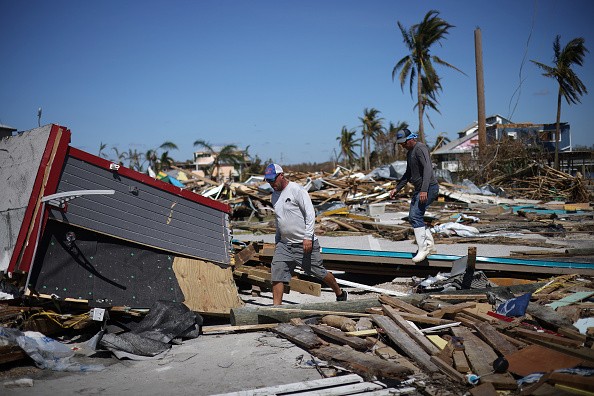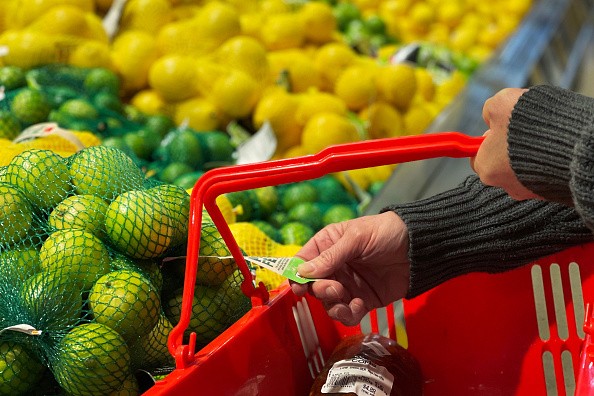Florida citrus farmers are still in shock due to Hurricane Ian's destruction. Growers speculate that this would be the breaking point for some farmers who had only recently returned to normal following Hurricane Irma's devastation in 2017.
Ian's Aftermath

During its destructive passage over the Atlantic last month, Hurricane Ian disturbed the lives of several millions of people in the United States and Cuba. The catastrophic hurricane created a trail of devastation that spanned everything from houses to Florida fruit plantations to Cuban tobacco farms. The outcomes have been disastrous.
Also Read: Historic 138-Year-Old Lighthouse Suffered the Wrath of Hurricane Ian
Direly Impacting the Citrus Industry

According to AccuWeather's founder and CEO, Dr. Joel N. Myers, Hurricane Ian's powerful winds and torrential rains devastated many crops in Florida, increasing the storm's overall losses and economic effect, which AccuWeather estimates to be between $180 and $210 billion in the U.S. One of the people whose crops were negatively harmed by Hurricane Ian was Roy Petteway of Petteway Citrus and Cattle.
About 50 miles southeast of Tampa, in the vicinity of Zolfo Springs, Florida, Petteway is the proprietor of a family farm. He is a seasoned grower and a member of the farm's sixth generation of growers. The family has persevered through several difficulties throughout those years.
In response to a question from AccuWeather National Reporter Bill Wadell, Petteway said, "We have managed through pests, sickness, inflation, I mean, you name it, we've fought it."
Going into the final week of September, the family had high expectations for the farm this year, but everything changed on September 28. Hurricane Ian was the first Category 4 storm to touch down in southwest Florida since 2004 on that day.
Petteway Citrus and Cattle were in Ian's line of devastation, which presented the farm with a brand-new obstacle to face. At least 40% of the citrus harvest at the family property was destroyed by the strong winds and even more outside the land.
"The citrus sector has suffered serious harm. Fellow citrus producer John Matz informed Wadell that more than half of the crop was currently on the ground.
Beyond the crops that failed to grow, Petteway believed that around 10% of his grove was lost or damaged.
The USDA's first citrus crop projection for the season was already down 32% from last season before Hurricane Ian made landfall in Florida. Citrus crop yields will now be considerably lower following Ian and may reach some of the lowest levels in decades.
According to reports, it will be the lowest [yield] since World War II, according to Petteway.
The last significant storm to hit the region was Irma, which passed through the state just five years ago, even though the effects of Ian are the worst some farms have seen in more than 70 years. Irma and Ian being five years apart are a setback in and of itself.
"It takes five years to be able to measure fruit off of a fresh orange tree, much alone make money off of it. We had barely emerged from Irma's shadow, where the trees had begun to recuperate from their stress when this happened, Petteway said to Wadell.
Still Reeling
According to Petteway, these situations may be the breaking point for struggling family businesses, with consequences for customers. According to Petteway, many citrus producers would likely completely exit the industry due to the current situation.
He added that fewer Florida oranges, fewer grapefruit, and a greater number of these plantations became extinct.
While Matz and Petteway have informed Wadell they won't give up; they need additional assistance.
Citrus producers are currently more resilient than anybody else, according to the cliché "bad times make tough people," Petteway said.
Related Article : Exposure to Major Disasters Can Cause Long-Term Mental Health Problems
For more climate and weather updates, don't forget to follow Nature World News!
© 2025 NatureWorldNews.com All rights reserved. Do not reproduce without permission.





